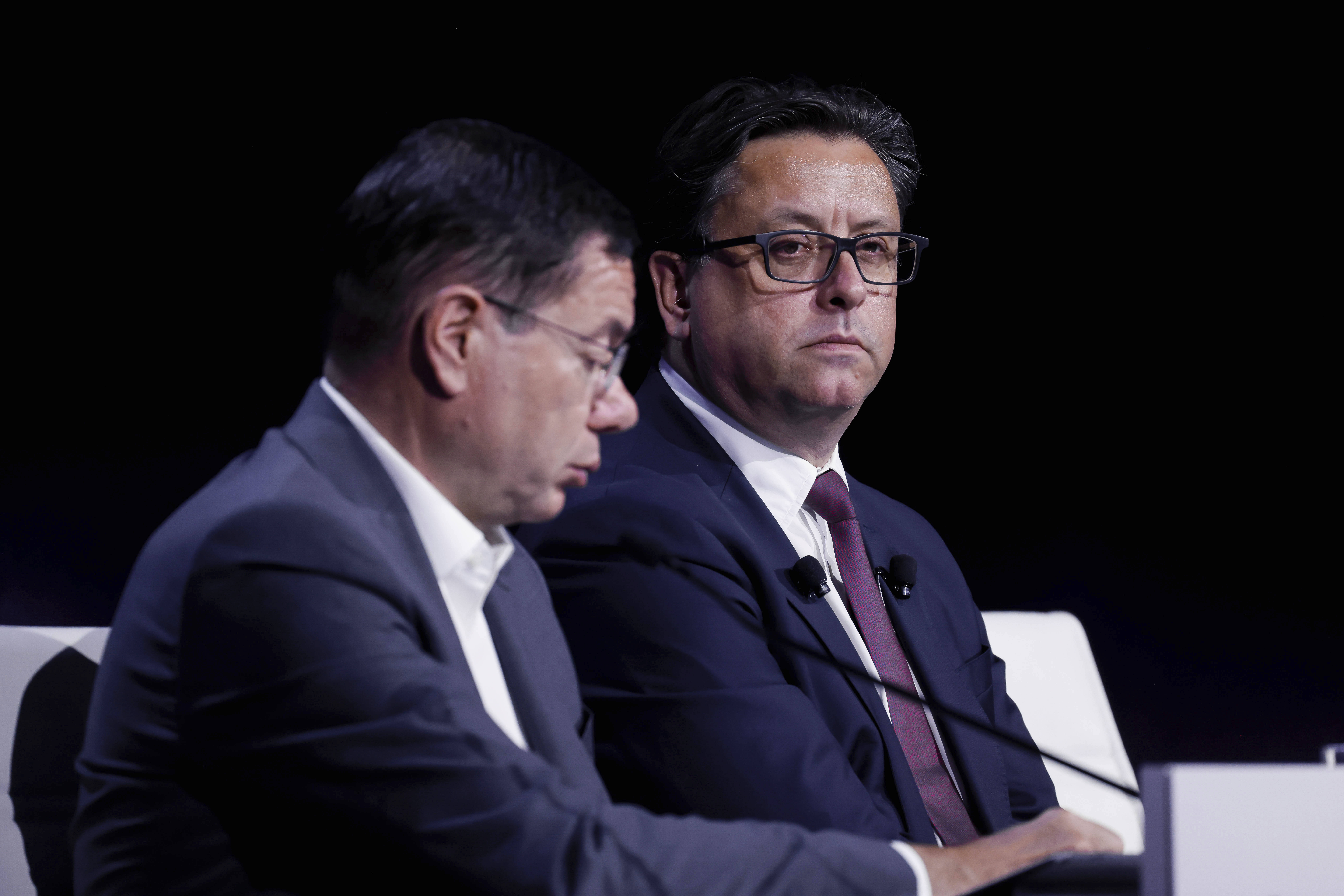
Sanofi CFO Jean-Baptiste de Chatillon (L) and CEO Paul Hudson (Romuald Meigneux/Sipa via AP Images)
Three's company: Sanofi follows lead of Lilly and Novo, slashes insulin price by 78% and caps out-of-pocket costs
Sanofi today joined with the other two insulin juggernauts in the US to lower the price of its best-selling insulin product, Lantus (insulin glargine), by …
Sign up to read this article for free.
Get free access to a limited number of articles, plus choose newsletters to get straight to your inbox.